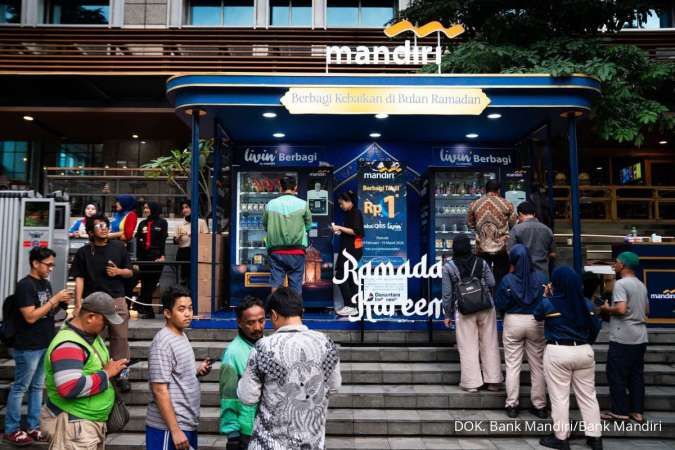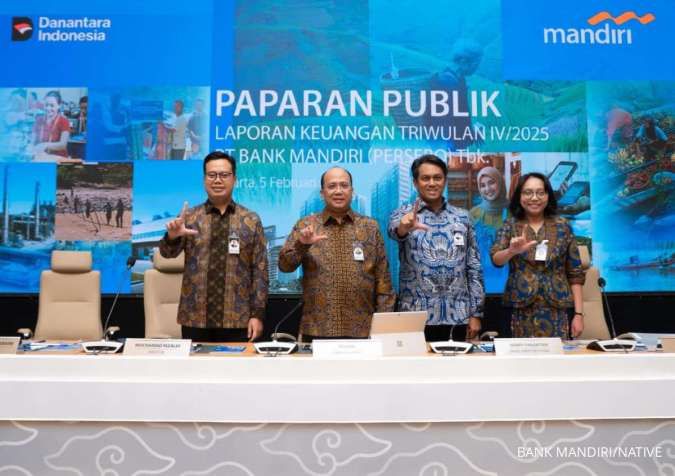JAKARTA. President Joko “Jokowi” Widodo has survived his first political crisis as he withstood on Friday pressure from the elites in his alliance to inaugurate graft suspect Comr. Gen. Budi Gunawan as the next chief of the National Police. Jokowi said that although the House of Representatives endorsed Budi’s nomination, it was necessary to postpone his inauguration as he was still being investigated by the Corruption Eradication Commission (KPK). “Let me underline that [the inauguration] has been postponed, not canceled,” he said.
His decision, however, was not made without compromise as he accommodated several of Budi’s confidants to lead strategic positions within the National Police. The President dismissed National Police chief Gen. Sutarman, and assigned his deputy, Comr. Gen. Badrodin Haiti, widely known as Budi’s close associate, as acting National Police chief. Like Budi, Badrodin was among a number of generals to have held bank accounts considered suspicious by money laundering watchdog, the Financial Transaction Reports and Analysis Centre (PPATK) in 2010. The PPATK has recorded that he received monthly transfers from suspicious parties worth more than Rp 50 million (US$4,000) while serving as police chief in several regions between 2004 and 2005. Badrodin, who is set to retire in July next year, has repeatedly denied the allegations. Minutes after the announcement, the National Police said that it had replaced its detective division chief, Comr. Gen. Suhardi Alius, with Insp. Gen. Budi Waseso — Budi’s staffer who heads education and training for the high-ranking officer division. Budi Waseso gained recognition for his arrest of National Police detective chief Comr. Gen. Susno Duadji at Soekarno-Hatta International Airport in 2010 after the latter was declared a graft suspect by the police. “As of this [Friday] morning, Suhardi is the secretary of the National Resilience Institute [Lemhanas]. Budi Waseso takes his place,” said National Police spokesman Insp. Gen. Ronny F. Sompie. Suhardi, who is known to have close ties with KPK leaders, is a reputable officer who has been spearheading reform in the detective division, particularly in cutting the long-running tradition where officers in the division give money to their superiors. Jokowi did not disclose the reasons behind the dismissal of Sutarman and Suhardi, although the President did meet with Sutarman, Badrodin, Vice President Jusuf Kalla and Coordinating Political, Legal and Security Affairs Minister Tedjo Edhy Purdijatno prior to the announcement. Speculation is rife that Sutarman and Suhardi helped provide information and evidence to the KPK in relation to Budi’s alleged graft as a sign of opposition toward Jokowi’s move to nominate Budi. Sutarman, who was set to retire in October, refused to clarify the allegations. He only said Badrodin had full authority over operations and budgets at the National Police. “Now, all activities related to the police are under the deputy police chief. This also serves as an announcement to all police personnel.” Minister Tedjo dismissed allegations of defiance by Sutarman and Suhardi. “The issues were cleared up during the meeting.” “Since the beginning, the President has always wanted to reform the police. He chose Budi based on the presumption of his innocence,” Tedjo added. Jokowi’s patron, Megawati Soekarnoputri, the chairwoman of the ruling Indonesian Democratic Party of Struggle (PDI-P), has joined forces with NasDem Party chairman Surya Paloh and Kalla in demanding Budi be installed as police chief.
Budi served as an adjutant to Megawati during her time as vice president in 1999 and 2001 and as president between 2001 and 2004. The two have enjoyed close relations since, with Budi reportedly being one of the few within Megawati’s circle of confidants to have supported Jokowi in last year’s presidential campaign. After the House endorsed Budi’s nomination on Thursday, Surya publicly urged Jokowi to move forward with the inauguration, despite the latter being named a graft suspect by the KPK on Tuesday. As a new figure on the national political stage, Jokowi has weak party support. This has forced him to award Cabinet seats and top positions at state-owned companies to close associates of Megawati, Surya and Kalla. (Ina Parlina nad Fedina S. Sundaryani)

